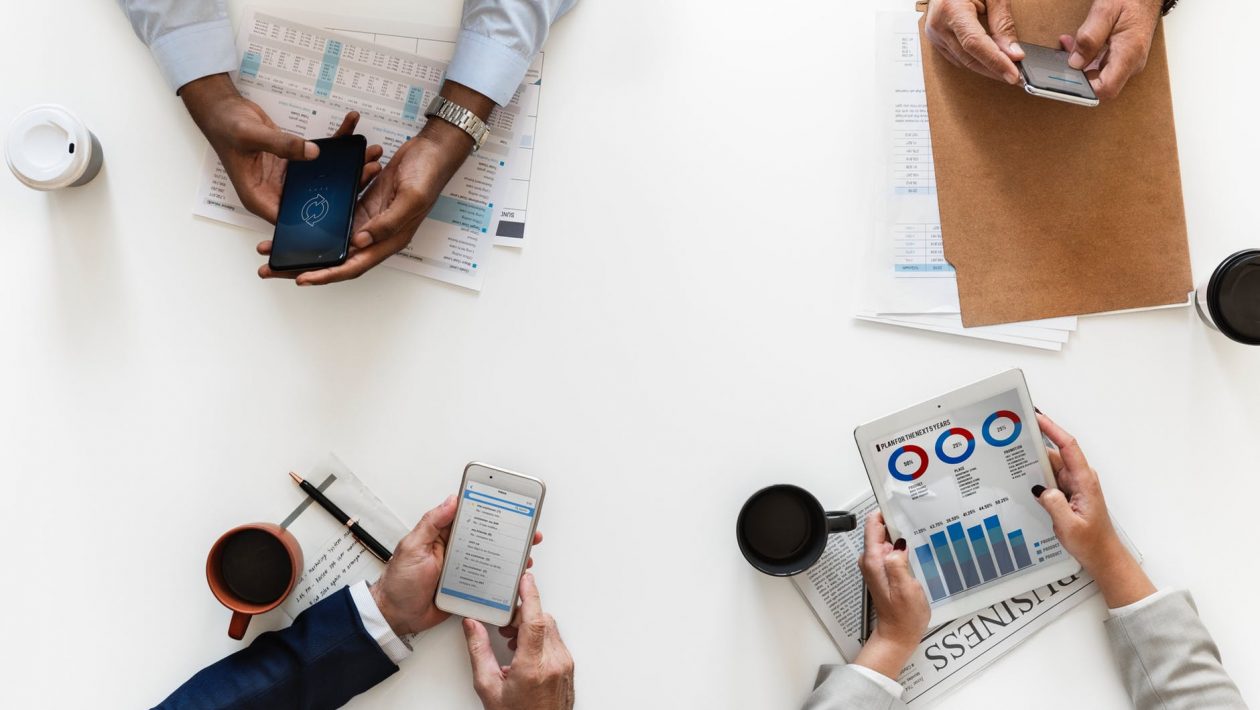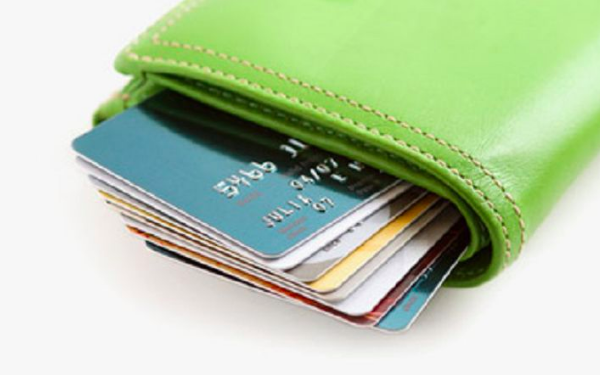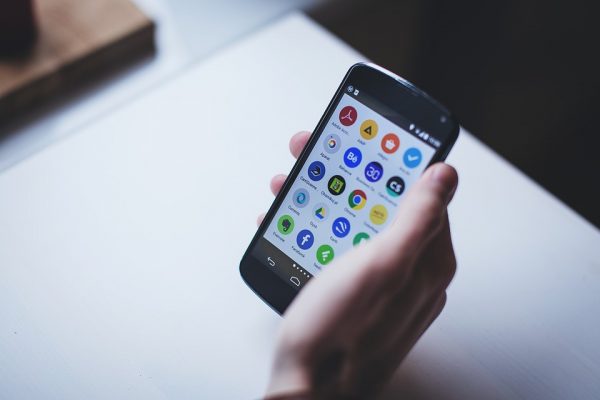Protecting both your money and your identity should be a priority for you. But with online banking, mobile money management, and peer-to-peer payments, doing so can be a little tricky.
It’s all enough to leave you wondering: Just how safe is mobile banking?
It’s a nebulous question, but the easy answer is that mobile banking can be as secure as you want it to be. By taking the right steps, you can conveniently manage and access your funds on any of your electronic devices.
Here’s a look at how:
Look for your financial institution’s mobile app
First, check out your credit union or bank’s mobile app. It’s where you should be handling most of your mobile banking. It should be verified, but always check the reviews to make sure it’s the official one. Look for things like misspellings in the URL address or constant pop-ups — both could mean you’ve stumbled into a fake app or website created to steal your personal information. When in doubt, call your local branch and speak to a real person to verify which app you should download.
The app should offer mobile alerts through its app, and you should consider signing up. They let you know when charges, transfers, and deposits are made to your account but, most importantly, many credit unions and banks will send you alerts if they notice your social security number is being used or if they notice suspicious activity. Once you receive the alert, you can contact your credit union or bank and have a temporary hold put on your account until all issues are resolved.
Be smart about where you do your mobile banking
While it might seem convenient to access your financial accounts on the go, you should be cautious about where exactly you do it. When you’re on your own private wi-fi network, you don’t need to worry about others being able to see your information. When you’re on your local coffee shop’s open network, however, it can be easy for scammers to hack your information — even if you’re using an official banking app. In order to protect yourself, never send your account number, routing number, username or password through a text or email. Bank tellers shouldn’t ask for it over the phone, either.
When in doubt, wait until you get home to attend to your money matters.
Be smart about sharing funds
Finally, be cautious about how you send and receive money from your friends and family. Peer-to-peer payments are really convenient (no more messing with checks!), but they also open you up to scams and hackers. Keep your money and identity safe by only sending cash to people you know. Triple check that you’ve selected the right username because most P2P apps won’t allow you to cancel a payment once you’ve sent it.
You should always monitor your financial accounts on a regular basis to make sure your transactions are going through as intended. Track your spending (whether through a spreadsheet on your computer or a printed version), your FICO score and other financial records to know where your money is going.









